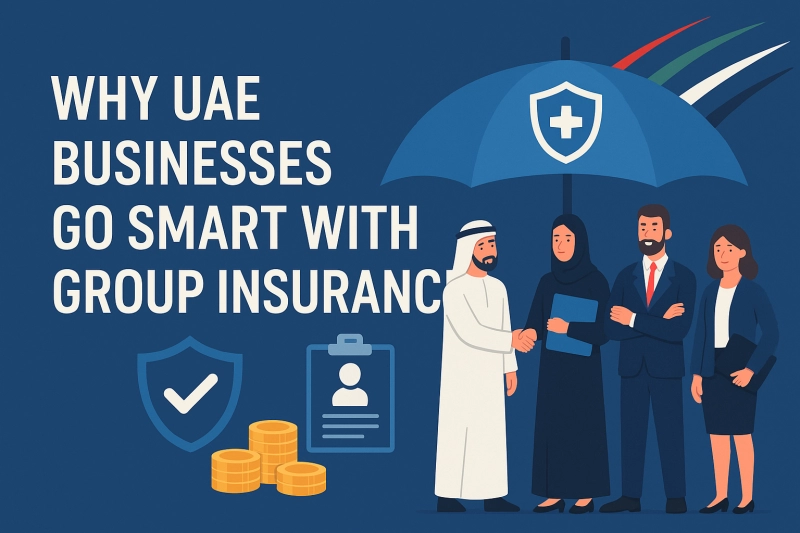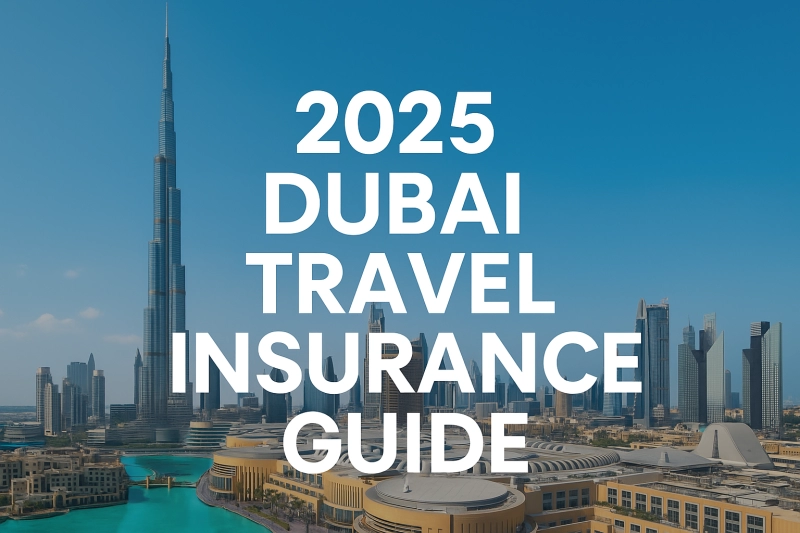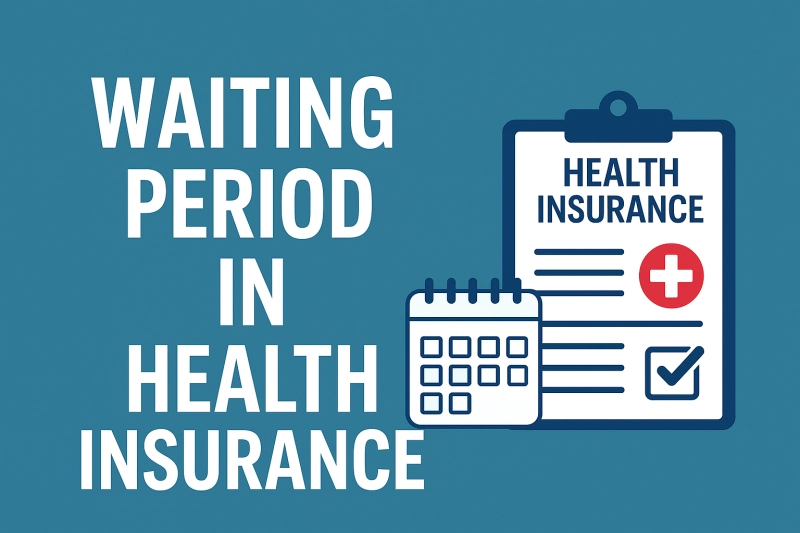A decade ago, group medical insurance was considered a “nice-to-have.” Today it is mandated in Dubai and Abu Dhabi, and strongly encouraged in the Northern Emirates. Aside from compliance, the smartest firms see a direct link between comprehensive cover and lower staff turnover, fewer sick days, and higher morale.
Key benefits at a glance
- Regulatory compliance: Dubai Health Authority (DHA) and Department of Health – Abu Dhabi (DoH) require valid medical cover for all employees.
- Bulk-buying power: Pooling staff under one contract means lower premiums versus individual policies.
- Tax efficiency: Premiums are usually a deductible business expense in the UAE.
- Talent magnet: A robust health plan is a top-three factor for expats choosing between job offers, according to a 2024 Mercer survey.
Understanding Group Medical Insurance: The Basics
Group health insurance UAE plans bundle employees (and often their dependants) into a single master policy purchased by the employer. The insurer spreads risk across the group, allowing for:
- Cheaper average premiums: Economies of scale reduce the cost per head.
- Simplified administration: One renewal date, one invoice, and unified claims reporting.
- Guaranteed issuance: Even staff with pre-existing conditions are usually accepted, subject to waiting periods defined by DHA rules.
Mandatory vs. Enhanced Cover: Know the Rules
1. Dubai & Northern Emirates
- Minimum benefits are set by the Essential Benefits Plan (EBP).
- Annual limit: AED 150,000 per insured person.
- Co-payments: Up to 20% for outpatient visits, capped at AED 50 per encounter.
2. Abu Dhabi
- Companies must provide the Thiqa-equivalent or higher.
- Dependants (spouse + three children under 18) must also be covered.
3. Free Zones
- Most free zones mirror the DHA framework but may impose their own network requirements (e.g., Dubai Multi Commodities Centre’s “DMCC Care”).
Failing to secure compliant group insurance can lead to fines up to AED 500 per employee, visa processing delays, and a frozen MOL file.
How to Reduce Costs Without Cutting Corners
1. Audit your hospital network
- If most staff live in Sharjah, an expensive Dubai-wide network may be overkill.
2. Introduce tiered benefits
- Offer senior managers worldwide cover while junior staff receive GCC-only plans.
3. Promote wellness programmes
- Many group insurance providers offer premium discounts for companies that run annual health screenings or smoking-cessation workshops.
4. Negotiate multi-year contracts
- Locking in rates for 24–36 months can shield you from medical inflation, currently at 9% in the UAE (Aon, 2025).
Choosing a Group Insurance Provider: 5 Questions to Ask
- What is the insurer’s DHA or DoH health insurance market share?
- How large is the direct-billing hospital network, and are any key facilities excluded?
- What is the average claims settlement turnaround time?
- Do they provide an English/Arabic mobile app for e-cards and approvals?
- Can the plan scale if headcount doubles within a year?
Leading names include Oman Insurance, Allianz, Daman, and Bupa, all of which partner with InsuranceHub. You can view a full list here: Insurance Providers in UAE.
Real-World Success Story
A mid-sized tech company in Dubai Internet City moved from five individual policies to a single group medical insurance Dubai plan through InsuranceHub. The switch:
- Cut premiums by 27% (AED 180,000 in annual savings).
- Reduced HR paperwork by 60% thanks to a dedicated claims portal.
- Helped the company win two senior developers who cited “family health cover” as a deciding factor.
Ready to Protect Your Team?
Get tailored group insurance quotes today—compare up to 15 plans side by side and see how much you could save.







